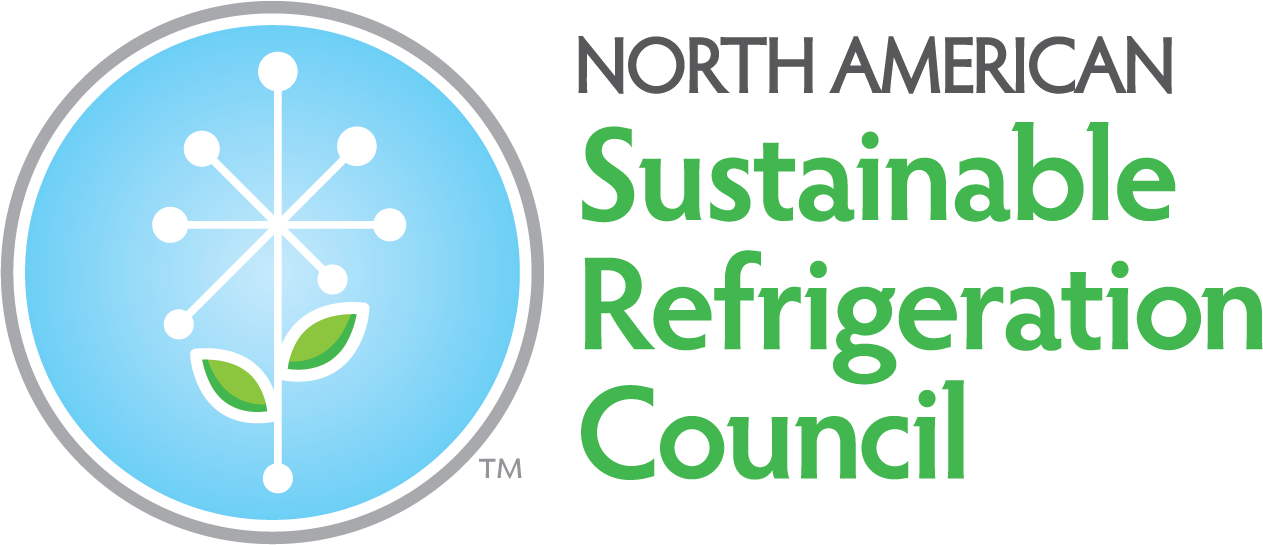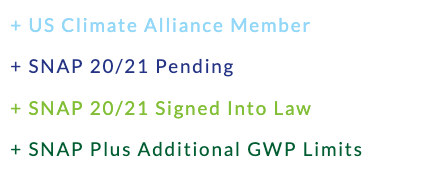PALO ALTO, Calif., January 7, 2020 – North American Sustainable Refrigeration Council (NASRC), a 501(c)(3) environmental nonprofit working in partnership with the grocery industry to advance climate-friendly natural refrigerants, announced that its executive director, Danielle Wright, was featured at a TEDxReImagineScience event along with three other top experts speaking on key environmental and climate topics.
TEDxReImagineScience is one of more than 600 TEDx Countdown events that took place around the world this fall as part of a global movement to find ways to shift, more rapidly, to a world with net zero greenhouse emissions and tackle the climate crisis.
Wright’s talk titled ‘Unpacking the #1 Global Warming Solution,’ is now available for viewing on the TED website. Nine months pregnant and speaking within days of her due date, Wright drove home a powerful message of hope and collective action on an important, but little-known climate solution – natural refrigerants. “I'm terrified of climate change. I’m worried about the world we’re leaving to our kids. But I’m also hopeful there’s something you and I can do about it,” said Wright.
Wright explained that traditional Hydrofluorocarbon (HFC) refrigerants are super-polluting greenhouse gases with thousands of times more impact on the climate than carbon dioxide. Specifically, her talk highlighted the importance of helping the grocery sector transition away from HFCs, citing that annual HFC emissions from grocery refrigeration leaks are roughly equal to the annual emissions from powering all of the homes in the state of California.
Natural refrigerants are the climate-friendly alternative that can help prevent up to 0.5°C of warming by the end of the century and avoid the catastrophic tipping point of 1.5°C. But according to Wright, a lack of effective policy has stalled wide-scale adoption and made it difficult for grocery stores to make the transition.
“If everyone did it, there’d be economies of scale to bring down costs, more technicians trained to do it, new technologies to make it easier,” said Wright. “This is exactly what effective policy does.”
Wright concluded her talk by calling on listeners to help spread the word to their networks. “The first step is awareness,” she said, highlighting the important role education can play in driving resources and policies needed to support the transition to natural refrigerants.
“Natural refrigerants give me hope because they have the power to make the number one global climate solution a reality,” said Wright. “And I believe that individual awareness gives us the collective power to make change happen; to leave a better world for our children.”
Following the event, the recent COVID-19 relief package included a bill to phase down HFCs consistent with the international Kigali Amendment, which the US has not ratified. The bill is an important step towards making natural refrigerants a more feasible option for grocers and making this leading climate solution a reality.











